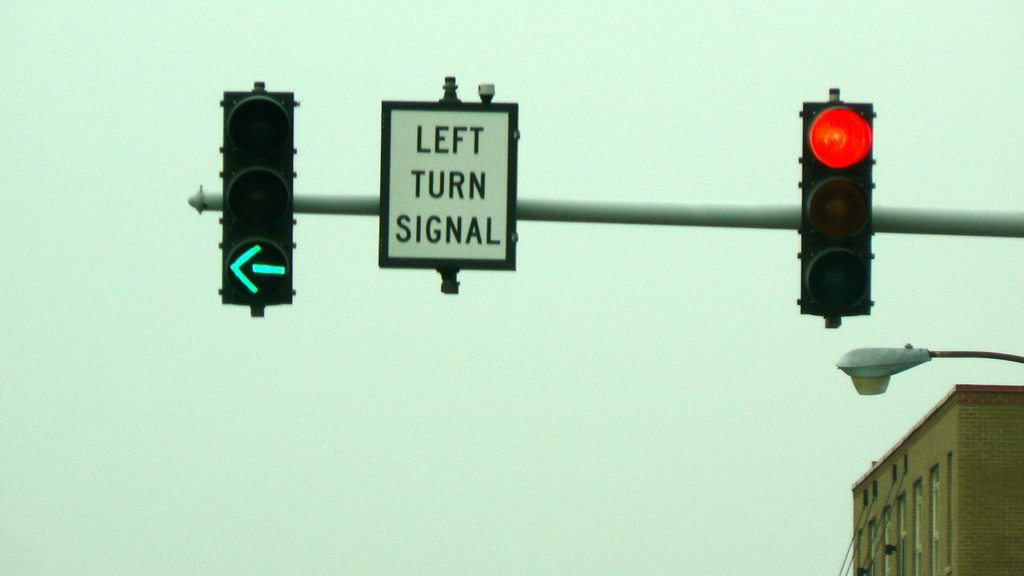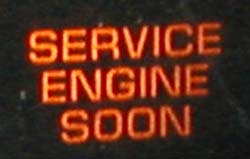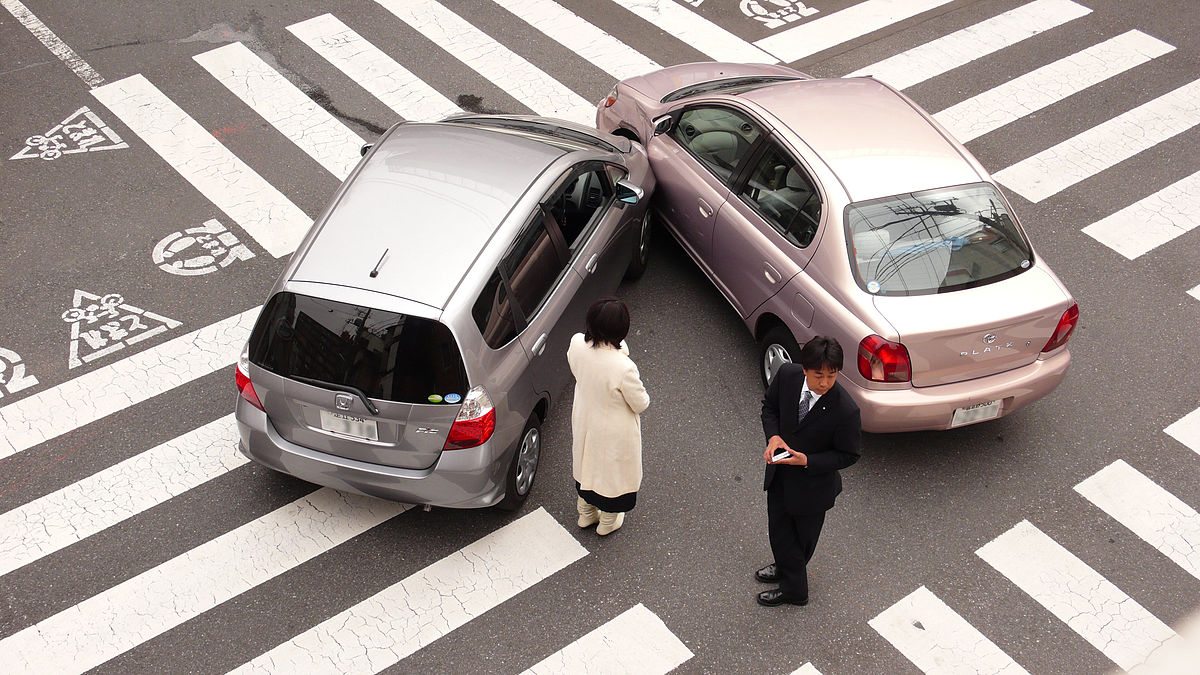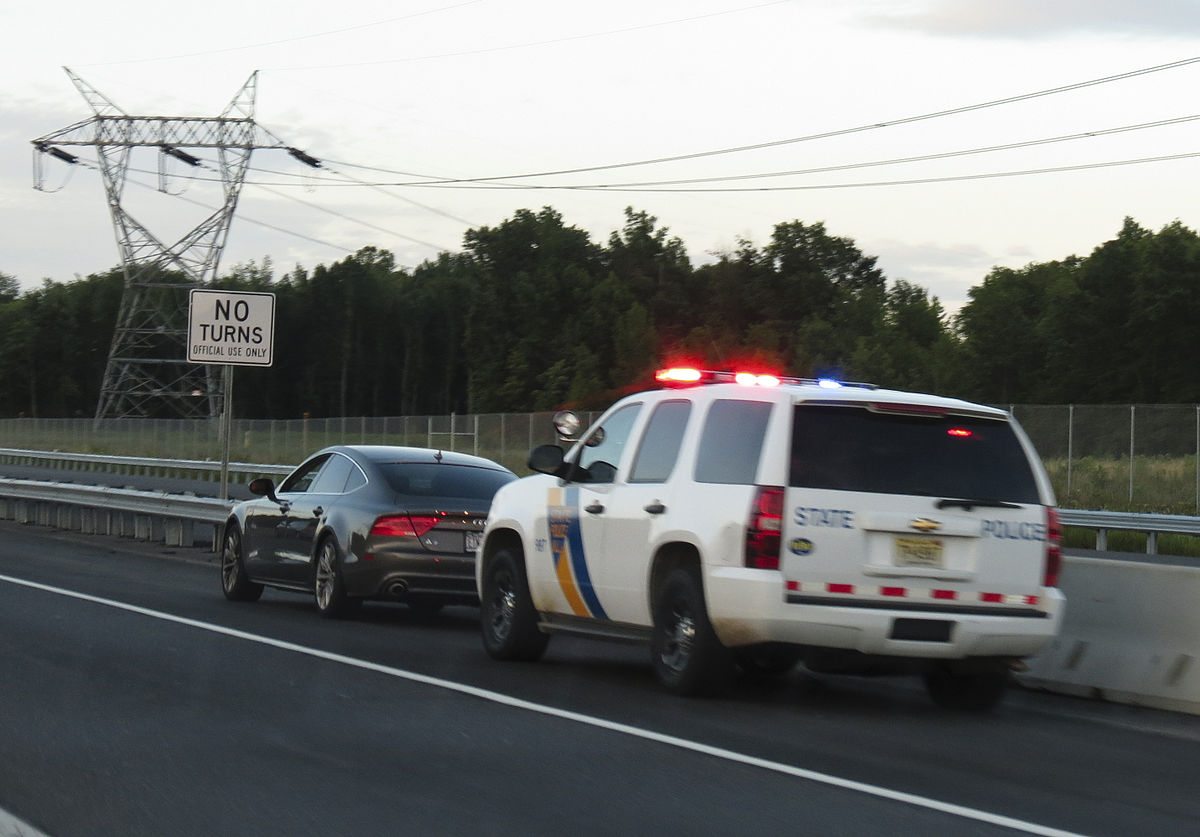When I started driving, my parents gave me a few lessons, let me take my tests, and I received my license. Clean, easy, and very dangerous. In the ten years since I began driving, I’ve learned many lessons. Most of them were from driving, but driver’s ed was the best thing that happened to me.

The first section relies on you being a responsible, safe driver. If you aren’t driving safely, then you shouldn’t be driving. Here are the 8 most important behaviors that can keep you alive.
- Take a class. It may not seem important, but there will be lessons you thought you’d never learn, or even need to learn. It’s worth the small investment.
- Distracted driving kills. If you cannot resist the temptation to check your phone while you are driving, put it in the back seat, or turn it off. There is nothing wrong with pulling over to check your phone if it’s an emergency. There’s nothing right about intentionally being unsafe.
- Assumptions kill people. Never assume that that bicyclist, pedestrian, or vehicle will let you in. Never assume you’re clear to switch lanes. Look with your eyes, not your assumptions.
- Be predictable. If other drivers don’t know what you’re going to do, you have an accident-ready incident. Stopping, turning, or failing to yield at the appropriate time can/will mean an accident.
- Follow other cars from a safe distance. The faster you go, the more space you need to allow. If you hit the car in front of you, it is never, ever, their fault. You are responsible for not driving at a safe distance.
- You are a statistic. Even if you are currently on the “safe” side of the statistic, you can switch to the “unsafe” at any time, because accidents don’t always happen to the same people. It can, and will be you, if you don’t take that seriously.
- There are only two ways to leave a left-turn lane. You either turn left, or you are towed out. Any other action is illegal. If you decide to continue forward through an intersection, turn left, do a U-turn, and turn left again when you get back into the intersection.
- If your windshield wipers are on, your headlamps should be on. And not “daytime” running lamps. Your headlights should be on. Not only will this improve your visibility, it will make you more visible, which is critical to safe driving.
- If it’s hard to see where you are going, get off of the road. You won’t get to your destination if you’re stuck in a ditch.

Safe behavior is critical, but if your car itself is unsafe, nothing you can do will guarantee your safety. Here are my rules for vehicle safety and maintenance:
- If your car has a service light on, service your car. This one might seem obvious to some, but to others, it’s unimportant. I really mean it. Servicing your vehicle isn’t about giving companies more of your money. It’s about investing in your car’s future, and in your safety.
- In every driver’s ed manual, there is a checklist for your vehicle. Use it at least once a month. I check my tires and headlights every time I drive. This is critical, because if a tire goes flat, or a headlight goes out, I can’t drive, and that’s all there is to it.
- Never leave your windshield wipers “for later.” If they aren’t doing 100%, then they don’t work. Remember, every drop of rain inhibits your vision, even if it’s just a pixel in your image. If your windshield isn’t being cleared every few seconds, you are not safe to drive. I borrowed my dad’s car once, and was inches away from an accident when rain came on suddenly and the wipers didn’t work.
- If you are overheating, turn on the heat. This might seem counterintuitive, but it works. The engine’s heat is the source of warmth for your heating system. Turning on your heat cools your engine off. Roll down your windows, crank the heat, and head home or to your service professional.
- If someone else drives your car, check it out before you drive again. Take the 3 minutes you need to fix your mirror, check your tires, and make sure all your lights work. You never know what they may have messed with.
- If you drive someone else’s car, you’re legally responsible for it. If they left open alcohol containers in it, don’t have functioning taillights, or any have broken laws in that car, you can be held responsible for their crime(s).

Even if you do everything right, you still might be in an accident. Some else might hit you, or a road hazard may force you into a 1-person accident. Here are my tips for being prepared:
- Know where your registration and insurance cards are at all times. Keep a tidy record, because accidents can be confusing enough without digging through 20+ expired insurance cards.
- When in an accident, pull over immediately. If it is unsafe to do so, do not move your vehicle. You can and will be held responsible for related accidents you cause.
- Next, call 911. Even if there is no apparent damage or injury, report the accident. It’s not worth the risks.
- Do not tell the other affected parties they may leave. If they ask you, just say that the police are the only one’s who can do that. If you tell them they can leave, you are taking responsibility for their part of the accident.
- Exchange insurance and ID information, regardless of fault or damage. Not all damage is apparent right away. Having a bumper fall off at 70mph isn’t fun. It’s even less fun if you have to pay out of pocket to have it replaced.
- Write down a description of their vehicle, plate numbers, and drivers. Insurance companies will deny claims if you get minor details wrong, including descriptions of their vehicles and damage. You may also need this information if they decide not to stay until the police arrive.
- When the police arrive, follow their advice. If they tell you that you may go, then leave. If they don’t, then you should stay where you are.
- Consider medical attention. If the police suggest medical care, listen to them. They have seen more accidents than you, I promise. Some injuries, including bruises and fractured bones, won’t show up right away. Endorphins and adrenaline can keep you from feeling the effects of the accident.

Finally, everything I wish someone had told me about traffic stops. I’ve learned a lot, despite only being pulled over twice.
- Be polite. Manners go a long way with police. Most police just want you to be safe. Let them take care of you. Your taxes pay them to do their job.
- Be predictable. Just like in traffic, being predictable keeps everyone safe. If an officer thinks you are a threat to them, they will protect themselves. I’ll not comment on the political storm around police brutality, because that is a different issue.
- Narrate your actions. As part of being predictable, telling the officer what you are doing will help everyone be safe. They can’t see everything you do. Tell them “I’m going to look for my insurance card. I am looking for my insurance card. I am still looking for my insurance card, thank you for your patience.”
- Comply with their directions. Continue to be predictable. If you are unsure of what they mean, ask questions.
- Frequently ask “May I leave?” Now, don’t ask that the first time they come to your window. That wouldn’t be polite, and you already know the answer. Do, however, ask this question any time paperwork is given to you, or signed by you. They are not legally obligated to volunteer “you are free to leave,” but must answer that question honestly.
- Remain friendly, but feel free to answer only questions regarding the traffic stop. Officers are trained to engage you in “casual conversation” but that doesn’t mean “investigation.” When in doubt, ask your lawyer.
- If they ask to search your vehicle, say, “No, may I leave now?” Without a warrant and/or probably cause, they shouldn’t search your car. Again, when in doubt, ask your lawyer.
I hope these tips help you. Again, they are all things I wish someone had told me in the past, and I’m glad to know them now. Regardless of this GeekDad’s advice, use your own best judgment, follow the law, and, when in doubt, consult with your lawyer.




Another tip when you’ve been in a minor accident: Take a photo (e.g. using your phone) of the other vehicle and the driver, to prove they were there. My wife had 6 months of hassle when a private company’s van hit her car, and then refused to pay out the insurance costs as their driver denied ever being there.
Good one!
I do my basic checks each time I get gas. Once you get the pump on, you’ve got a minute that’s perfect for a walk around the car looking at lights and tires. This makes use of time that otherwise isn’t especially useful to me, so I don’t even have to schedule extra time to make sure it gets done.
Great tip! I should start making that a habit myself!
Here is probably a good starting point: http://www.mit.edu/~jfc/right.html
Since this article is more about the ‘most overlooked / not-yet-learned’ issues of driving – one that you misses is the US’ national “Slower Traffic Keep Right” laws. Some states have clarified the issue even further with signs that say, “Keep Right Except to Pass”. For example, in Tennessee – there are only four exceptions that even allow you to be in the left lane! If more of a majority of people took the time to understand this, I believe much road-rage & ignorance could be reduced.
Wow. That’s really interesting! Makes me want to look into local laws here.
I’ve actually had police thank me on the “Narration” step for traffic stops. On one occasion, I didn’t have my wallet out by the time the officer got to the car, and had to reach for my back pocket under a bulky coat at night. I didn’t just narrate that action, I asked for permission to proceed, and moved slowly and deliberately when it was given. He told me after that it saved me a busted headlight ticket for making his job a little easier.
Yes. This. I’ve had the same experience, and I’ve thanked myself for my forethought.
In regard to interactions with law enforcement this should be required watching: